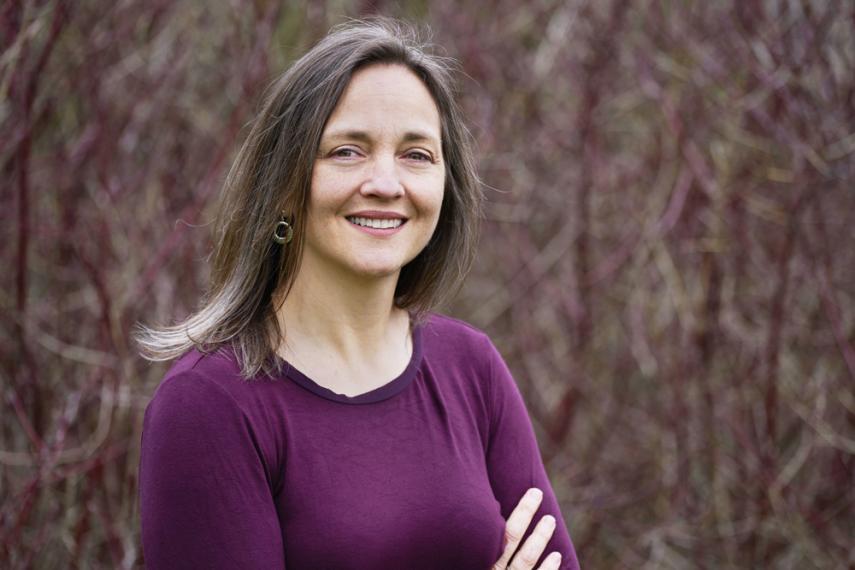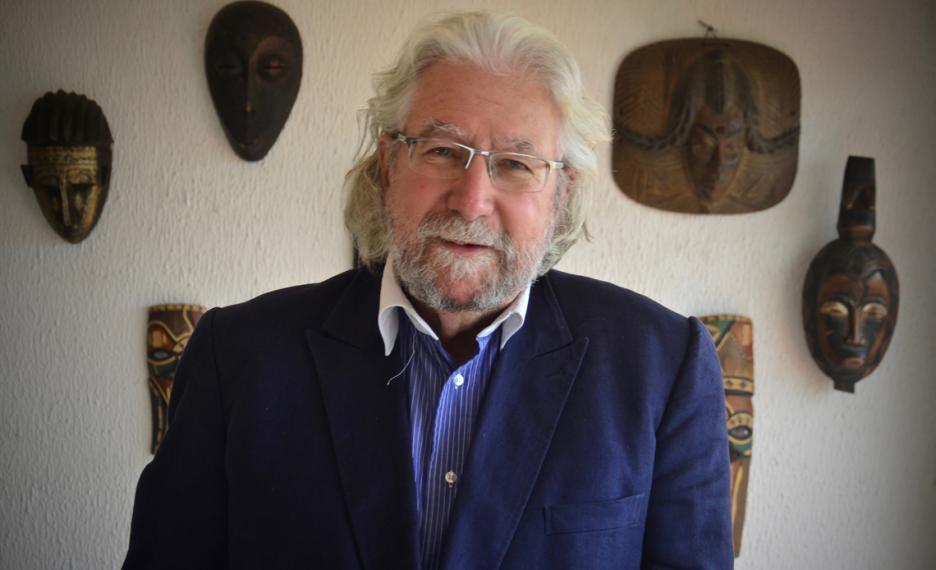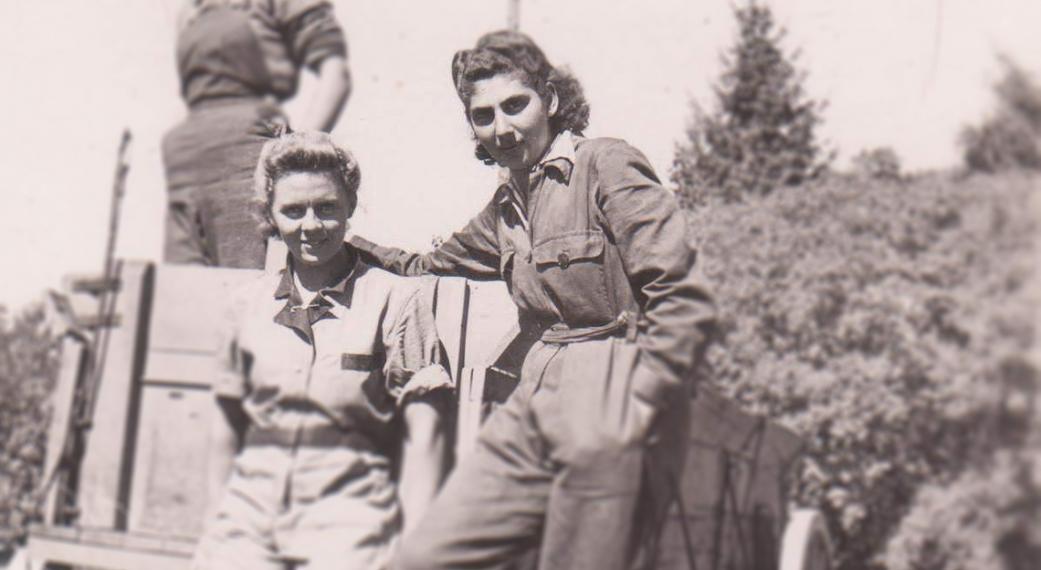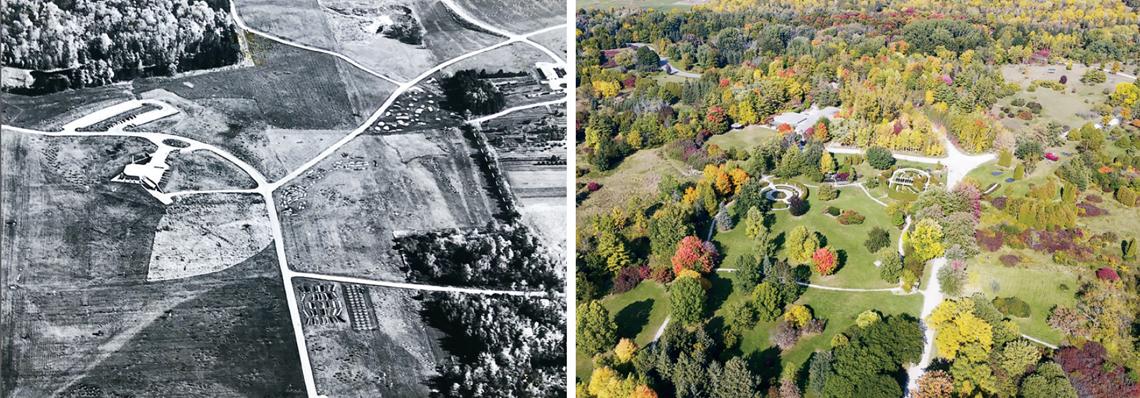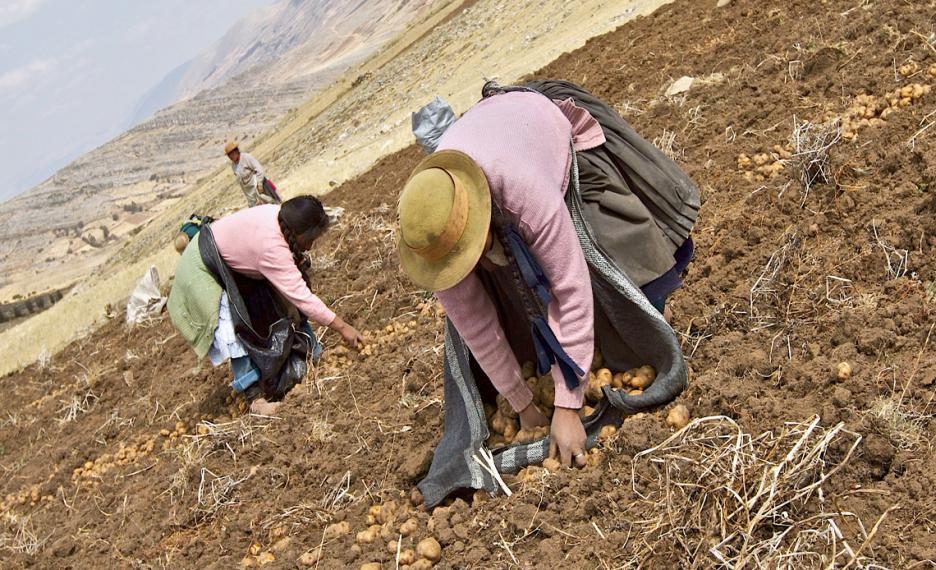Healthier Cows Linked to Better Farmer Well-Being in New U of G Study
A Department of Animal Biosciences study has discovered that dairy herd health may be linked to the farmer’s mental well-being. The study, published in the journal Animal Welfare, focused on Ontario dairy farms that had adopted robotic milking systems, an automated technology becoming more popular across Canada. “Both the automated milking and feeding systems have already become crucial to providing farmers with more time flexibility,” said lead author Dr. Meagan King, who was a post-doctoral researcher in the Department of Animal Biosciences during the study.
